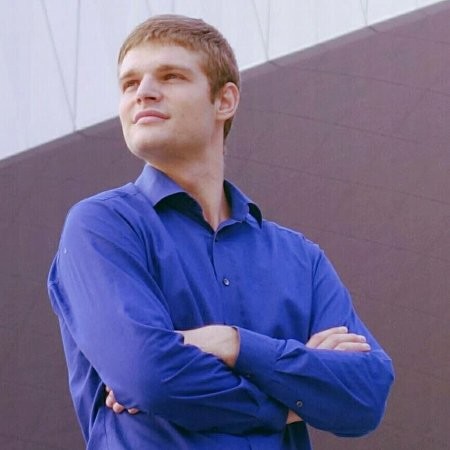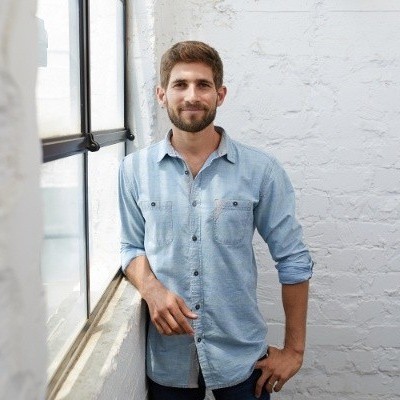Each entrepreneur is continually making many significant choices, many of which may have impact beyond just that of the business along with their ability to sustain deep work when not in a fixed location around the globe. For these digital-first owners, selecting a location can be as important as the business ultimately heading in a direction. Elements of the distance workspace were identified as influencing and determining the ability to create or help cancel their productive workplace, including items such as ability to attain a visa, cost of living (weekend trips are useless if you can’t afford Ai), availability of international health care, internet (WiFi) access/reliability, and ever culturally (location) based influences.
Finding The Right Balance for Work

For Cyrus Partow, CEO of ShipTheDeal, relocating to Estonia on their digital nomad visa made it simple, and easy for him to access their e-Residency program which lead to a stable layover point in Tallinn. As he stated, “for around €1,500 a month, low taxes, stable wifi and available coworking made scaling an easy expense to justify.” Mexico City had allure and vibrancy and presented as a good spot to settle down, but being unable to secure a viable healthcare, and unreliable internet expenses left Cashew worse off than at his planned start.

Moving on, Adam Garcia, founder of The Stock Dork, came to the same conclusion. The geographical location made it easy because Porto was inexpensive because of the D7 visa program along with the NFT tax domiciles, which enabled him to afford to live for about €1,200 a month (which as time passed meant more work). Whereas, Bangkok has nice vibes and is inexpensive and somewhere with reasonable prices, but the hidden costs and absurd visa runs cancelled out what otherwise was a pretty simple, and sensible travel choice.
Measuring Productive References

Joe Davies, CEO of FATJOE, had recently learned a hard way that changing the scenery does not replace proper digital architecture. Recovering from a dropped call in Canggu I put him on notice for what should be a dialectical expectation in the internet. Deciding how he would go forward with a decision model, he has settled into a comfortable cost budget of rather than USD$1,000: $1,500 that altogether provided an interpreted tax income. Prague again, he was curious, with a direct thought of healthcare affordability.

Where Alex Veka, founder at Vibe Adventures, had a slightly larger decision matrix of visa, cost numbers indie cinema movies of about $3,000, reliable high speed fiber, clean private health insurance and no theft with low negligence – Mexico City served him well, even though he had enjoyed neither of these HS for infrastructure. Bali lacked public access, Cooph and wanted a good amount of paperwork – of basically everything.
Where Structure Explains Alternatives to Scale

For Arvind Rongala, CEO of Edstellar sustainability is the anchor for what presently exists for their model. His intention was generally looking for places that were digital nomad visa approved, sustainable living budget of $1,500-USD $2,000, and access to unlimited Wi-Fi & coworking space. The co-working spaces in Lisbon operated like a microcosm, and he had some solid visa pathways in mind, and an access to public healthcare support, estimating a living expense budget of around about USD$1800. In contrast, Bali again fell way short with poor and questionable Wi-Fi access and low-cost healthcare provisions negated his longer-term contextual considerations.

Interestingly, Yarden Morgan at Lusha has nearly the exact priorities: length of visa, control over personal bottom-line, and safety. Belgrade again first impressed at each of these three measure, allowing him to achieve a stable lifestyle for roughly €700 a month, while he found Cape Town acceptable, with the tourism appeal, but long-term could likely never quite justify the safety and healthcare side.
Recognizing Borders

For Itamar Haim, SEO Trainer at Elementor, Lisbon made sense and attracted Haim because it satisfied his reliable wifi, and working space, tax benefits for the rt taxa program (Terms and conditions apply!). His €1,500 living created a balance of the rents and workspace while the healthcare sector for the potential public burden. Firstly, Berlin was its own entertainment culture, which meant living could easily cost over €2,200 a month. This rate is quite simply unattainable for any long-term sustainability.
Out of all the stories above, one clear conclusion emerges: choosing a base for remote working requires foresight on affording more than the top level. Visa, insurance, healthcare, quality of wifi, and sustainability ultimately dictate whether a city will support productive work, or gradually eat away at productivity. Digital-first entrepreneurs note that primacy of the “right” base is not merely a place to dream, but a critical component of their business strategy.










